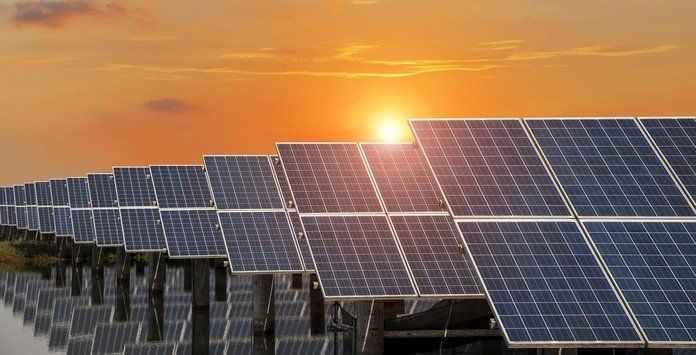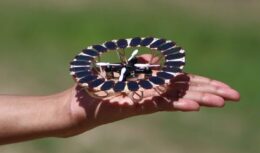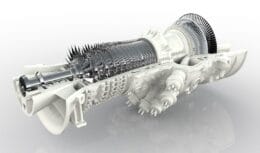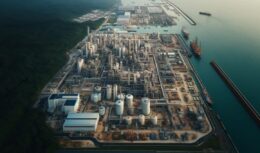
When the real depreciation against the US dollar increases costs, such a measure will help to promote the development of the solar energy business.
According to the publication in the Official Gazette on Monday, the Brazilian government has decided to include several sets of solar energy equipment in its list of capital goods by the end of 2021 with zero import tax.
See other news:
- CV registration in many functions in the areas of civil and industrial construction for contracts of the Brazilian Company of Infrastructure Services in Minas Gerais
- Marte Engenharia hires a maintenance mechanic for Macaé, in Rio de Janeiro
- GE (Renewable) has openings for interns on the 22nd
When the real depreciation against the US dollar increases the cost of parts and components that use the technology to generate electricity, the measure should help promote business growth, and the technology is mainly dependent on imports from China. On the other hand, the few companies that manufacture solar equipment in Brazil may find that their competitiveness surpasses importing companies, which traditionally have advantages in terms of cost.
The Chamber of Foreign Trade (Camex), which is part of the Ministry of Economy, added to the list called “ex-tariffs”, a good number of photovoltaic modules for solar energy, in addition to inverters and other accessories, such as components of the so-called “trackers”. ”, these accessories can also make plant panels follow the movement of the sun throughout the day to maximize yield.
In addition to certain types of three-phase inverters used in photovoltaic systems and components used in “trackers”, dozens of models of solar modules have also benefited, including monocrystalline and bifacial. Rodrigo Sauaia, president of the Brazilian Association of Photovoltaic Solar Energy (Absolar), told Reuters that the import tax on solar modules is generally 12%, while inverters are subject to a 14% tariff. However, the entity is still evaluating the impact of these measures on the market, emphasizing that these measures involve many different projects.
He also added that the association generally does not take a position with the government on this subject because it has local manufacturers and companies that import equipment as partners.
As of August 1, these new products will be included in the list of tax-exempt products as “ex-tariff” products.
In recent years, Brazil's solar power generation facilities have developed rapidly and already account for around 3GW. Even so, according to the National Electric Energy Agency (Aneel), this source currently represents less than 2% of the country's operational capacity and has enormous potential for expansion in the coming decades.













Purchased report......
Our governments and our politicians are…
The site is clogged with garbage…
Lol... I agree with you. If they are…
Elbow pain
I want more information
As the company I work for provides…
Nobel Prize Otto Nobel Prize!